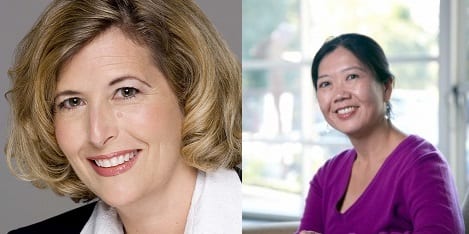I looked into the mirror a few weeks ago. To my horror, I found unusual hair growth on my cheeks and below my jawline. This was a consequence of PCOS or Polycystic Ovarian Syndrome.
PCOS is a fairly common health problem that affects 1 in 10 women. It is caused by a hormonal in reproductive hormones often marked by the excessive production of testosterone. Symptoms of PCOS include acne, weight gain, irregular menstruation, and hair growth.
At the age of 11, I started waxing. The wax was hot on my skin, my hair was coarse, and the pain had become intolerable. Yet, I continued with process because we’ve been told that pain is the price we pay for beauty. Lately, I’ve begun to question that belief.
Unfortunately, beauty is a social construct. Models on magazines are perfectly waxed and actresses on T.V. commercials have flawless skin with no signs of hair growth. We are bombarded by images and stereotypes that dictate what is considered beautiful and what is not. Facial hair on women is not perceived to be attractive. In fact, hair on any part of a woman’s body is seen as unwanted.
Harnaam Kaur is a 24-year-old woman who suffers from PCOS. As a teenager, she faced bullying due to her facial hair to the extent that she contemplated suicide as an escape. Today, she holds the Guinness World Record for the youngest female with a beard. She embraced her condition and her facial hair in hope that it would empower those with PCOS to be confident and comfortable with their appearance.
You do not have to be ashamed of your hair – it is a naturally occurring phenomenon. Shirking societal norms of beauty is not an easy task, but one that can be both rewarding and liberating.


